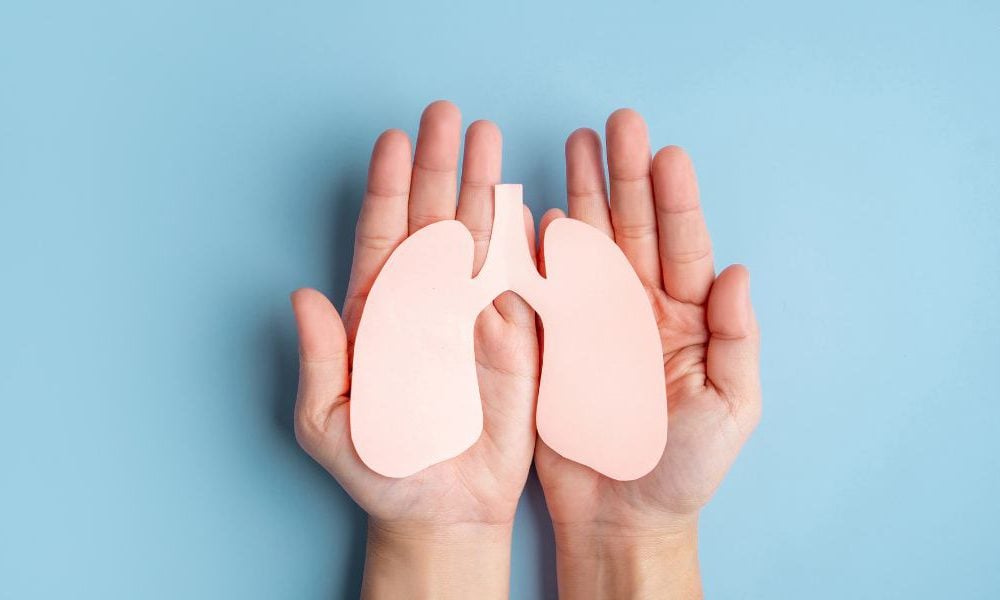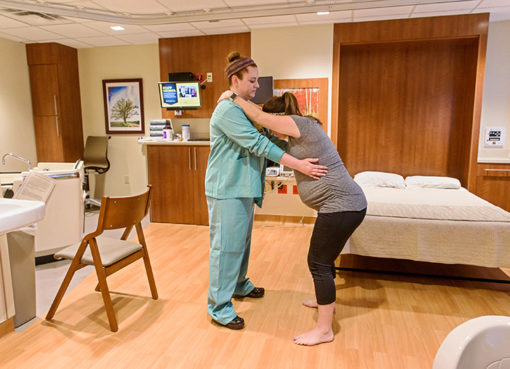Are you experiencing persistent cough, shortness of breath, or chest pains? These could be signs of underlying lung issues that require professional evaluation.
But what should you expect when you visit a lung specialist? That’s exactly what today’s guide is all about.
We’ll take you through the signs that may prompt you to see a lung specialist. We’ll also explain expect during a visit to your lung specialist in Singapore
What are the First Signs of Lung Problems?
When it comes to lung health, early detection is key. You can take action promptly by recognizing the signs and symptoms of potential lung problems. Here are some first signs of lung problems:
- Persistent Cough: A cough that lingers for several weeks isn’t something to take lightly. This is especially true if it is accompanied by blood, mucus, or chest discomfort. It could be indicative of a long-term respiratory tract infection, like chronic bronchitis or even emphysema.
- Shortness of Breath: Feeling breathless even during routine activities, such as climbing stairs or walking short distances. It could be caused by issues like asthma which can be deadly if ignored.
- Chest Pain or Tightness: Any discomfort, pressure, or pain in the chest region. Shouldn’t be ignored. They can be a symptom of lung or heart issues.
- Wheezing or Noisy Breathing: High-pitched whistling sounds or noisy breathing when exhaling. These indicate potential airway obstruction.
- Chronic Fatigue or Weakness: Feeling excessively tired or weak despite adequate rest and without any obvious cause. This could signal a heart problem or complications with lungs like having a chronic obstructive pulmonary disease (COPD).
How do you prepare for an Appointment with a Lung Specialist?
Visiting your lung specialist in Singapore can feel confusing especially if you’re seeing this specialist for the first time. Now, the most important thing to do is o gather all the relevant medical information.
You may also need to prepare and put together a list of questions to ask the lung specialist. Here’s a quick summary of how to prepare for an appointment with a lung specialist;
- Gather Medical Information: Take note of your medical history, including any previous lung conditions or treatments. Also, make a list of your current medications and allergies. If you’ve experienced any recent changes in symptoms or overall health, ensure to mention them.
- List of Questions and Concerns: A good lung doctor in Singapore will actually appreciate you have questions for them and making clear your concerns. So, if you want to make the most of your appointment, it helps to prepare a list of questions to ask your lung specialist in Singapore. Don’t forget to list any concerns you may want to discuss with them. Here a few prompts you may find important if you ever need help listing your questions and concerns for the lung specialist.
- Describe the specific symptoms you’ve been experiencing and how they have been affecting your daily life.
- Share any concerns you may have about potential lung diseases or conditions.
- Inquire about diagnostic tests or treatment options that you would like to learn more about.
What to Expect During your Consultation with a Lung Specialist
The consultation process too isn’t complicated. You can expect a series of evaluations and discussions during your visit to the pulmonologist. Here’s a breakdown of the typical consultation process:
- Patient Registration and Medical Records Review: The first step involves completing the necessary paperwork and providing your medical history. This information helps the pulmonologist gain insights into your health background.
- Initial Interview and Medical History Assessment: The pulmonologist will conduct an interview to delve deeper into your symptoms, medical history, and lifestyle factors. Be open and honest in your responses, as these details can help guide the diagnostic process.
- Physical Examination: Please, note that this also includes lung function tests. Depending on your concerns, your lung specialist in Singapore may perform a physical examination. This may involve them listening to your lungs using a stethoscope and checking your vital signs. Also, they may perform lung function tests, like spirometry to assess your breathing capacity.
- Additional Diagnostic Tests: Additional diagnostic tests maybe ordered depending on the initial evaluation and your symptoms. Additional diagnostic tests may include imaging studies like chest X-rays or CT scans. They may also perform bronchoscopy, or blood tests to gather more information about your condition.
Key Questions to Ask Your Pulmonologist
Many patients find asking doctors questions difficult. As earlier mentioned though, good doctors actually appreciate you having questions for them as this can help them identify gaps in knowledge and even better address misconceptions and anxiety.
So, if you have any concerns or questions leading to your appointment with a lung specialist in Singapore, be sure to have them ready. If possible, have them written somewhere. Here are four sample key questions you may want to ask your pulmonologist;
- Based on my symptoms and test results what is the specific diagnosis? Understanding your diagnosis is crucial for comprehending the nature of your lung condition. A good lung specialist in Singapore will be willing to explain the diagnosis in simple terms. This is simply, to ensure that you understand the implications.
- What are the available treatment options for my condition? Also, what are the potential benefits and risks of each treatment? Inquire about the various treatment options available to address your specific lung condition. Be sure to understand not just the potential benefits but also the potential risks associated with each option. You will need these for making an informed decision.
- Are there any lifestyle changes I should consider? Lifestyle modifications can play a significant role in managing lung conditions. So, be sure to ask your pulmonologist if you should implement any specific changes. For example, if you’re exposed to environmental pollutants, be sure to ask how to manage your situation.
- How often should I schedule follow-up appointments? You want to understand the long-term management of your lung condition. This is particularly crucial if you’re serious about maintaining your health. Ask about the recommended frequency of follow-up appointments. Also, ask about what you can expect in terms of disease progression and prognosis. You may also want to inquire about support groups or resources available to patients with similar conditions.
That’s a Wrap!
Your visit to a lung specialist is important in taking charge of your lung health. You can gain valuable insights and make informed decisions about your care by recognizing potential lung issues, and actively participating in the consultation process.
Also, early detection and prompt medical evaluation are vital for a healthier future. So, don’t hesitate to seek professional help if you suspect any lung-related issues.
At Interventional Pulmonology & Lung Clinic, we understand the impact of lung issues on your life. Let us be your partner in overcoming any concerns you may have. Schedule a consultation with us today and experience our comprehensive and holistic care. Here are the contact details;
Interventional Pulmonology & Lung Clinic
3 Mount Elizabeth,
Singapore 228510
(+65) 9023 0158



